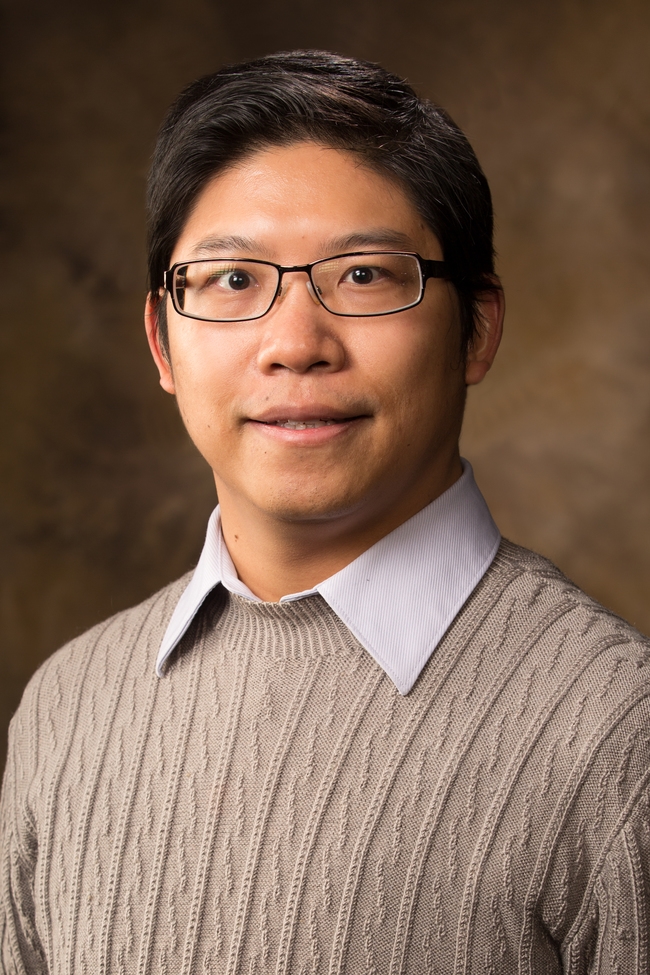FAYETTEVILLE, Ark. – Ultra-low voltage electricity is effective at killing bacteria because it causes membranes that surround bacteria to leak, according to a new study by University of Arkansas researchers. The research advances work to fight drug-resistant bacteria.
Using E. coli bacteria, the team demonstrated that ultra-low voltage applied for 30 minutes created holes in the cell's membrane that allowed leakage of small molecules, ions and proteins both in and out of the cell, killing the bacterium.
While the antimicrobial property of electricity has long been known, it was not completely understood how ultra-low voltages damage and ultimately kill bacteria until this new finding, said Yong Wang, assistant professor of physics and part of the team that published the findings in the journal Applied and Environmental Microbiology. "The electric power we used is very low," said Wang. "A household battery can provide enough power. So can a one-centimeter square solar panel."
Such low voltage could, for example, be used to sterilize a doorknob or other high-touch surfaces that harbor bacteria without causing any harm to users, said Wang. It could also be used to hinder biofilm formation in water purification and storage applications, he added.
Graduate researchers Venkata Krishnamurthi, Ariel Rogers and Isabelle Niyonshuti, along with undergraduate physics student Janet Peifer and associate professor of physical chemistry Jingyi Chen, also contributed to the report.
About the University of Arkansas: The University of Arkansas provides an internationally competitive education for undergraduate and graduate students in more than 200 academic programs. The university contributes new knowledge, economic development, basic and applied research, and creative activity while also providing service to academic and professional disciplines. The Carnegie Foundation classifies the University of Arkansas among fewer than 3 percent of colleges and universities in America that have the highest level of research activity. U.S. News & World Report ranks the University of Arkansas among its top American public research universities. Founded in 1871, the University of Arkansas comprises 10 colleges and schools and maintains a low student-to-faculty ratio that promotes personal attention and close mentoring.
Topics
Contacts
Yong Wang, assistant professor
Department of Physics
479-575-4313, yongwang@uark.edu
Bob Whitby, feature writer
University Relations
479-575-4737, whitby@uark.edu
